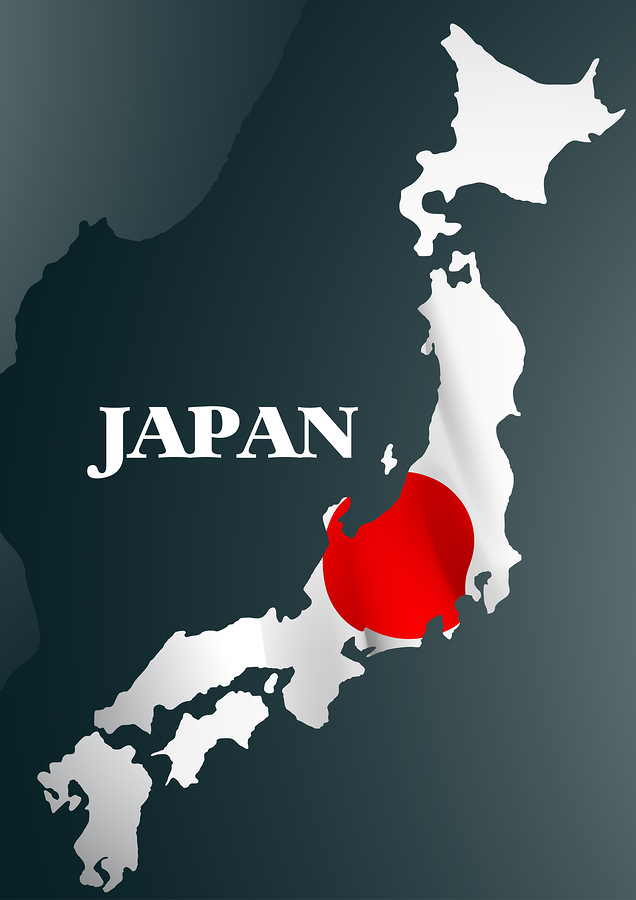Worker Shortage Drives Japanese Companies Into Child Care

published Feb 27th 2017, 8:36 pm, by Yoshiaki Nohara
(Bloomberg) —
Faced with a shortage of workers, Japanese companies are taking matters into their own hands, helping the government fix a chronic lack of day care that is blunting efforts to get more women into the workforce.
Nichiigakkan Co., which provides hospital administration and care services, is among more than 500 companies approved for new subsidies to start their own nursery schools. It plans to have 100 by the end of next year, with the first 31 to open in April this year.
“It’s important for the private sector to build child care facilities near workplaces in a flexible manner, because it has become a major challenge to secure employees,” said Shoichi Iida, a spokesman at Nichiigakkan, which has 95,000 employees. “We can’t leave the matter to municipalities alone.”
Fixing the child care shortage is seen as essential to Prime Minister Shinzo Abe’s push to get women to play a greater role in the workplace. Japan’s aging, shrinking population has driven the unemployment rate to a two-decade low. Companies have struggled to fill positions even as the employment rate among working-age women has reached a record high of 66 percent, according to government data.
Responding to a public outcry after a blogger’s tirade, Abe last year vowed to do the “utmost” to eliminate waiting lists for day care entirely by March 2018, as the government pressed forward with a plan to create space for an additional 500,000 children by then. But Abe told parliament this month that meeting the goal would be difficult because the number of working women had grown more than expected.
In fact, the government’s push has led to the creation of new capacity for more than 300,000 children in the three years through March 2016, but the waiting list has grown, reaching more than 23,000 last year, according to the labor ministry.
In Setagaya ward, a growing part of western Tokyo, about 1,200 children were waiting for nursery places as of April 2016, the longest waiting list in the country, the ministry said. The ward is adding about 2,000 openings for the year starting this April, but has received a record 6,680 applications, according to Takashi Uemura, who works in the ward’s nursery coordination division.
While Abe has poured money into the problem, he chose not to tackle the subsidy system and regulations that analysts say are holding back such efforts. The government will provide generous subsidies, often more than half of the cost, but in exchange it requires operators to limit worker pay to about a third less than the industry average, making it difficult for them to hire staff. Meanwhile, the subsidies make it hard for independent operators to compete.
Subsidies for companies to start their own facilities were introduced in April last year. As of February, more than 500 companies had won subsidies to open more than 600 day care centers with a capacity for about 14,000 children, according to the Foundation of Child Well-Being, which handles subsidy applications.
The subsidies will cover about 75 percent of the cost of starting a nursery school and up to 80 percent of the cost of running one, according to Nichiigakkan’s Iida.
The problem is actually bigger than the official government estimates because they don’t count the many mothers who have become too discouraged to apply for day care, according to Naoko Kuga, an analyst at NLI Research Institute. Many women in their 20s and 30s with temporary, part-time jobs simply quit after having a child, which reduces their chances to secure an opening later, Kuga said.
One solution is to encourage the private sector to do even more, said Kuga, who has two children of her own.
“It’s a way to manage risk, for companies to secure staff,” she said. “As private players get into the market, competition for service quality and prices will rise. Right now, parents have to settle with what they can get because waiting lists are too long.”
Bic Camera Inc., an operator of retail electronics stores, is scheduled to open its first child care facility in May using the government subsidies, according to Hiromi Kinoshita, a Bic human resources manager. It will host 30 children and be located in a condominium building in Tokyo.
“We are getting more women and mothers as employees,” Kinoshita said. “We found out some leave us to focus on child rearing, and we are starting this so that they will stay with us without quitting.”







No Comment